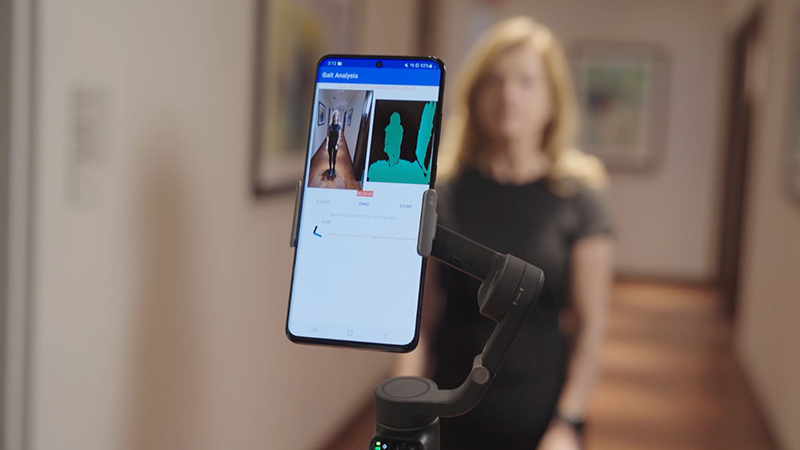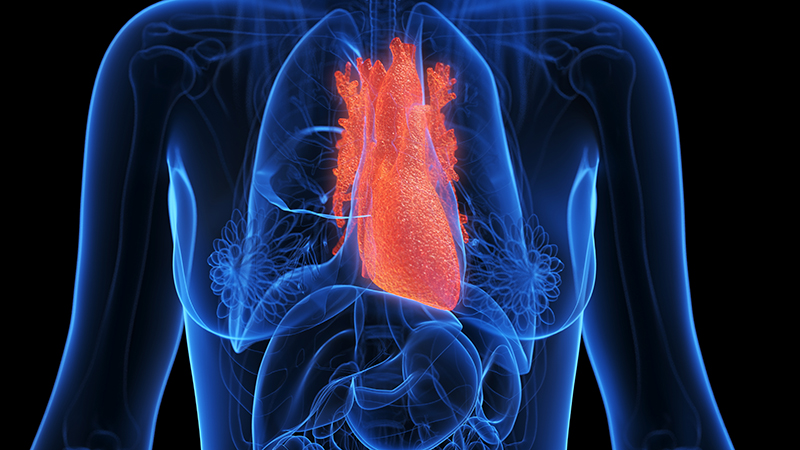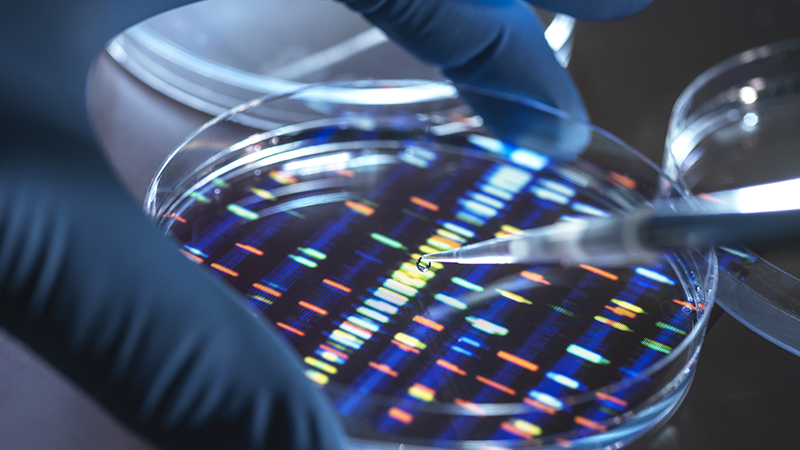Mind-Gut Connection
Your “Second Brain”
Published August 2019
Have you ever “gone with your gut” or felt “butterflies” in your stomach? That’s the mind-gut connection.
“There’s a direct relationship between your brain, your mind, your level of anxiety, depression and just general state of well-being and how your gut functions,” says Northwestern Medicine Chief of Gastroenterology and Hepatology John E. Pandolfino, MD. “That interaction is extremely important, and our understanding of it continues to evolve.”
The connection starts with the nervous system.
Your nervous system has two parts:
- The central nervous system (CNS): The brain and the spinal cord.
- The peripheral nervous system (PNS): The nerves that connect the CNS to the rest of your body.
The PNS is further divided into two parts:
- The somatic nervous system, composed of:
- Sensory neurons, which allow you to take in sensory information — sight, smell, touch, sound, taste.
- Motor neurons, which move your body.
- The autonomic nervous system, which also has two parts:
- The sympathetic system, responsible for the fight-or-flight response.
- The parasympathetic system, responsible for the rest-and-digest state.
The enteric nervous system (ENS) is a part of the autonomic nervous system and is composed of more than 100 million nerve cells coating the inside of your gastrointestinal (GI) tract. Recent research suggests that the ENS plays a larger-than-expected role in neurological and psychological disorders.
Gut Feelings
Researchers are still dissecting the relationship between the brain and the GI system. Here are current correlations between the health of both:
Irritable bowel syndrome, for example, is associated with higher levels of anxiety or depression and suicidal ideation.
Autism spectrum disorders, Parkinson’s disease and Alzheimer’s disease all have GI and neurological consequences.
Behavioral treatments should be part of the treatment plan for people with GI disorders.— John E. Pandolfino, MD
The bacteria in your gut — your gut microbiome — have been linked to mental illnesses, such as anxiety and depression.
Research shows that people with GI disorders feel pain more intensely than others because their brains are more attuned to pain signals from the GI tract. Patients with GI disorders who used psychological therapy to decrease stress, anxiety and depression saw their GI symptoms improve, according to 13 studies.
Train Your Brain
“People with GI disorders often think that their symptoms are all in their head,” explains Dr. Pandolfino. “I explain to patients that all symptoms are in your head; if you didn’t have a brain you wouldn’t feel pain.”
Hypnosis and cognitive behavioral therapy are two treatment strategies for people who have GI disorders.
“In my opinion, behavioral treatments should be part of the entire treatment plan for people with GI disorders,” says Dr. Pandolfino.
Learn more about the Behavioral Medicine for Digestive Health Program at Northwestern Medicine.







